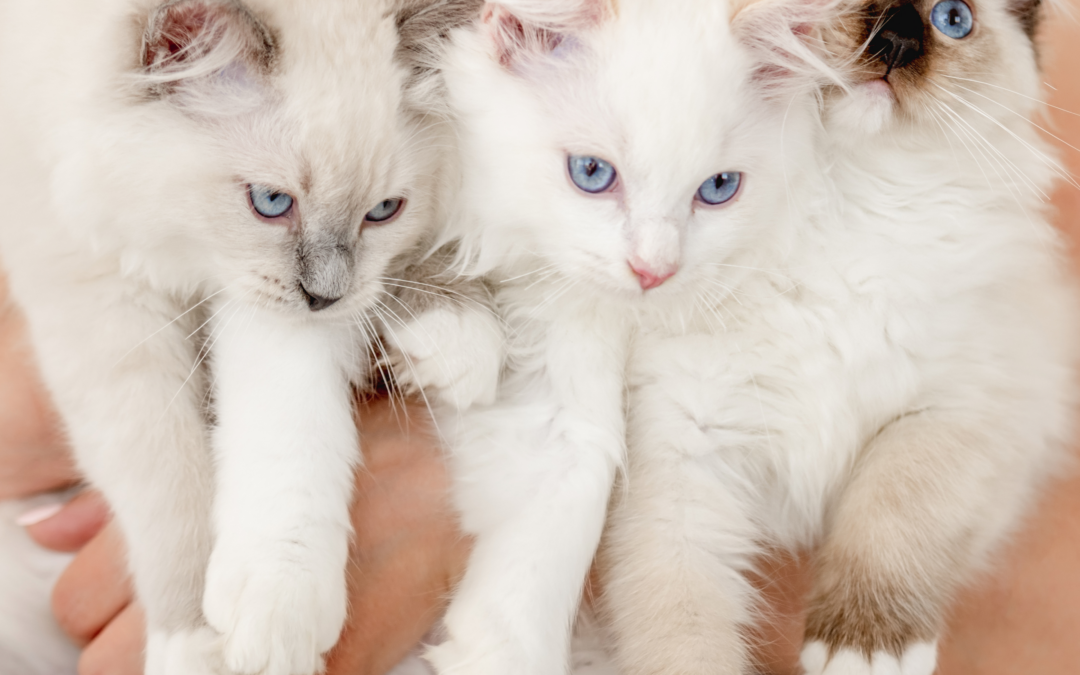
by Christy Kramer | Mar 13, 2025 | Ragdoll Genetics
Understanding Ragdoll Patterns Ragdoll cats are known for their stunning patterns, each with unique genetic implications. Breeders focus on patterns like Colorpoint, Bicolor, and Mitted, each determined by specific gene combinations. Understanding these patterns helps...
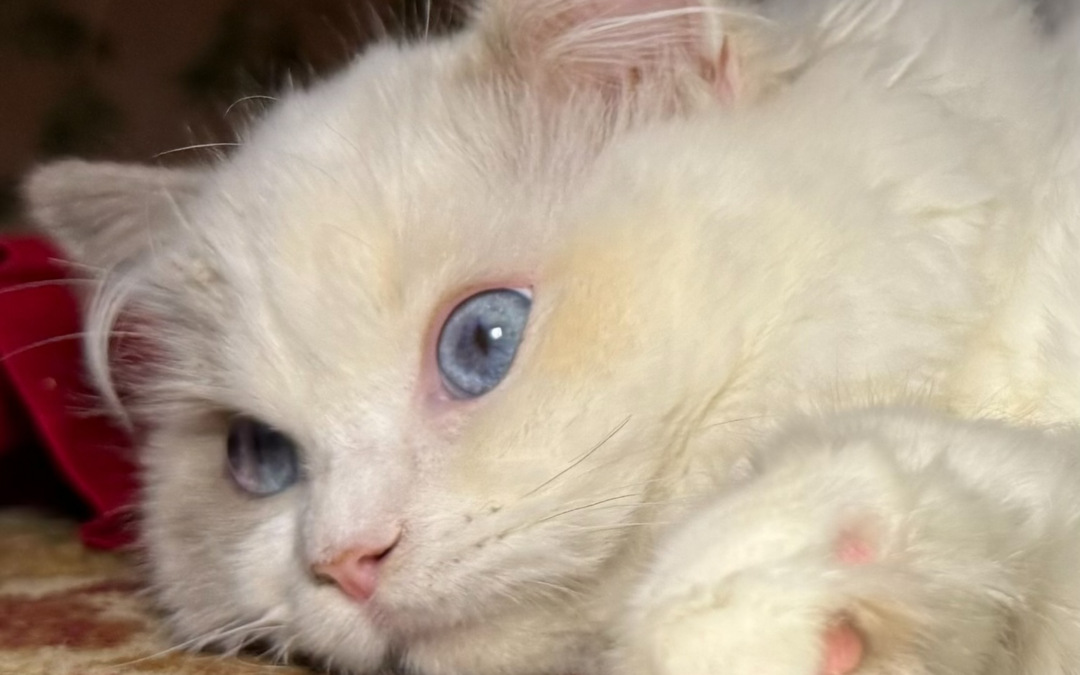
by Christy Kramer | Feb 28, 2025 | Ragdoll Genetics
Bunnie, our blue bicolor tortie The Sex-Linked O Gene How the O Gene on the X Locus Determines a Kitten to be Red/Cream or Tortie RED COLOR The red (0 gene) is only carried on the X chromosome. During development the O or o allele is applied to each X chromosome to...
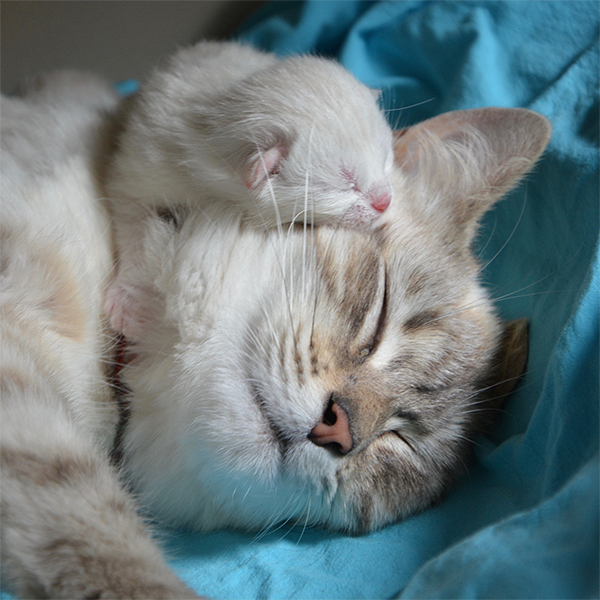
by Christy Kramer | Feb 18, 2025 | Helpful Information
Why 12 Weeks Matters The Essential Early Weeks for Ragdoll Kittens Ragdoll kittens, thrive when they stay with their mother for at least 12 weeks. This special time is vital for their growth in many ways, including their physical health, behavior, and social skills....
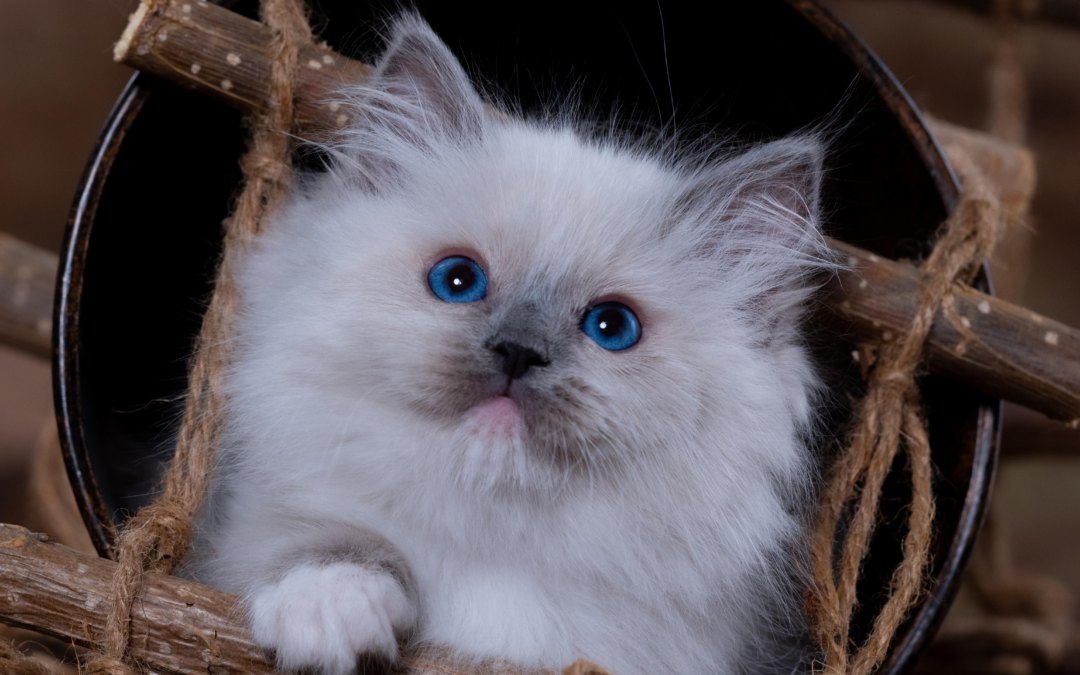
by Christy Kramer | Jan 26, 2025 | Ragdoll Genetics
Discover the Genetics Behind Ragdoll Cat Colors I don’t know about you, but it’s been a long time since I’ve taken a science class. So, over a year ago, when I knew my future would involve breeding ragdolls, I took it upon myself to do a bit of my...
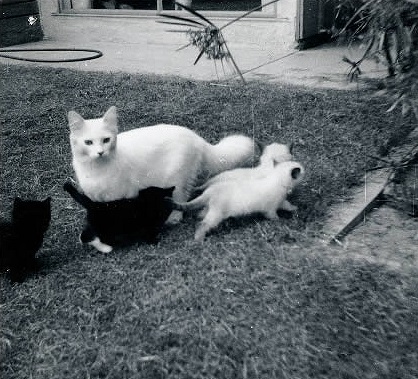
by Christy Kramer | Jan 10, 2025 | Ragdoll Genetics
History of the Ragdoll Originally a Persian cat breeder, Ann Baker, the pioneer of the Ragdoll breed had many feral cats roaming her property. One, a Turkish Angora-like female named Josephine, became a familiar face in the neighborhood, often producing wild kittens...






